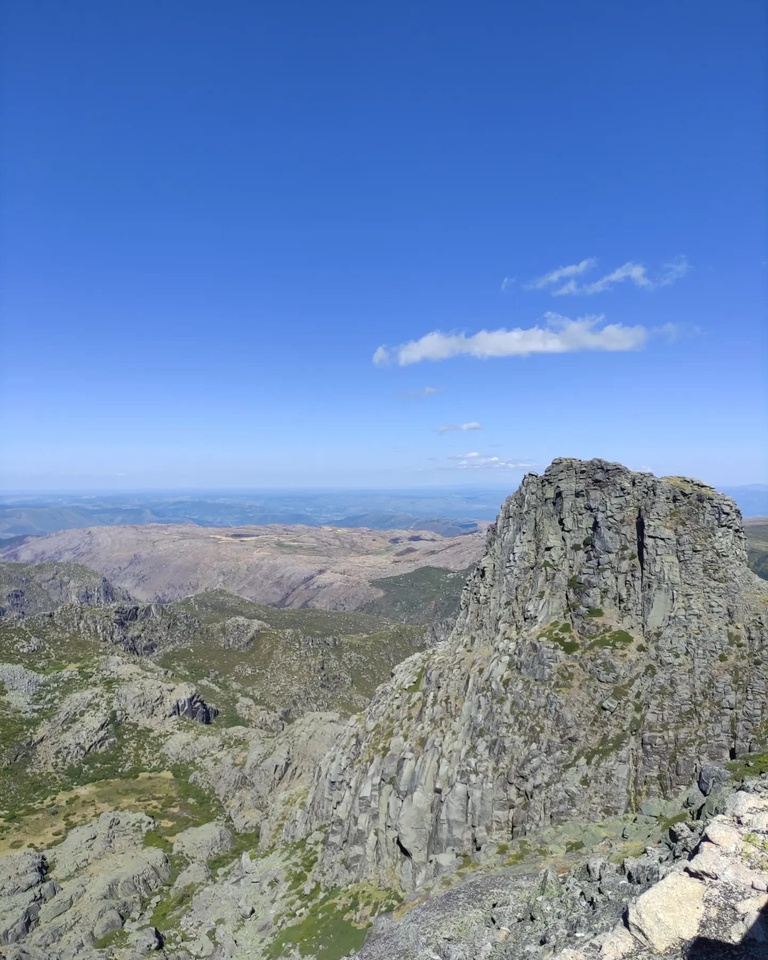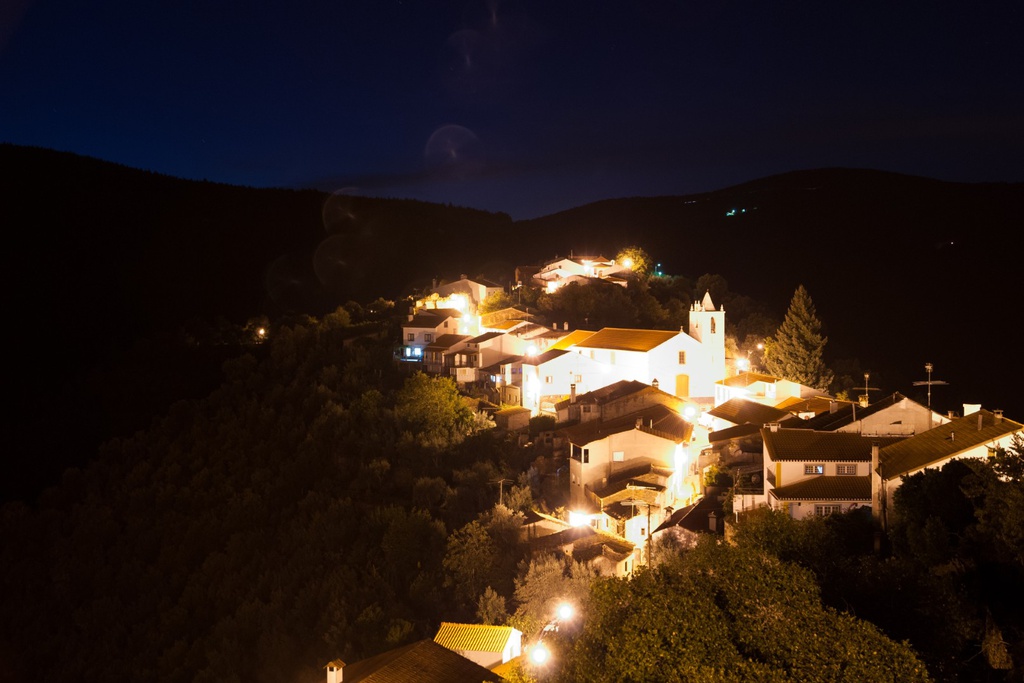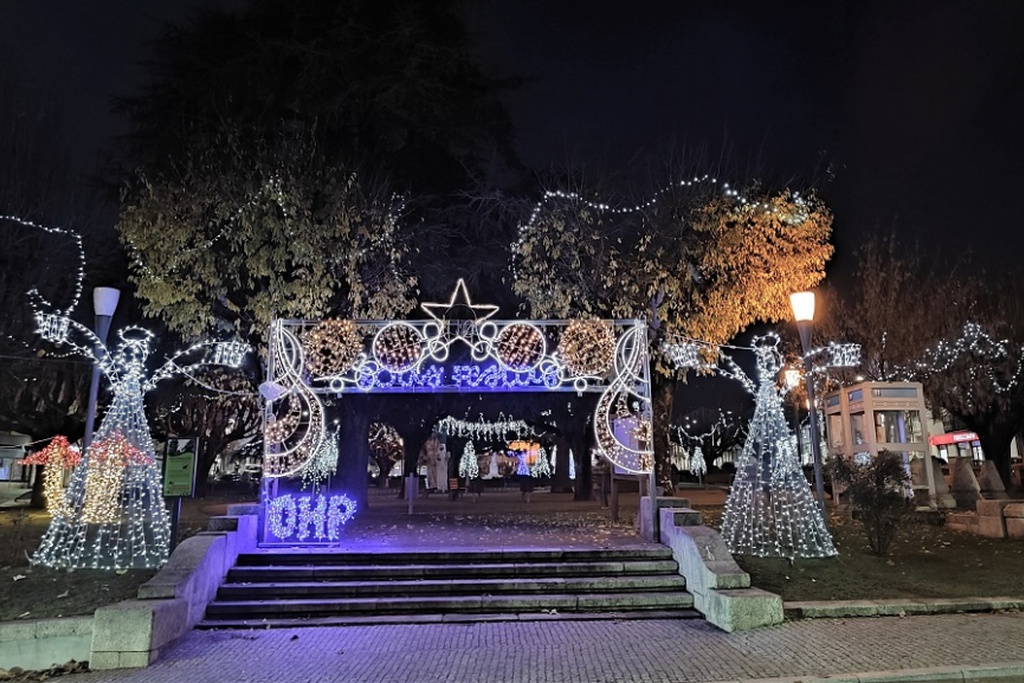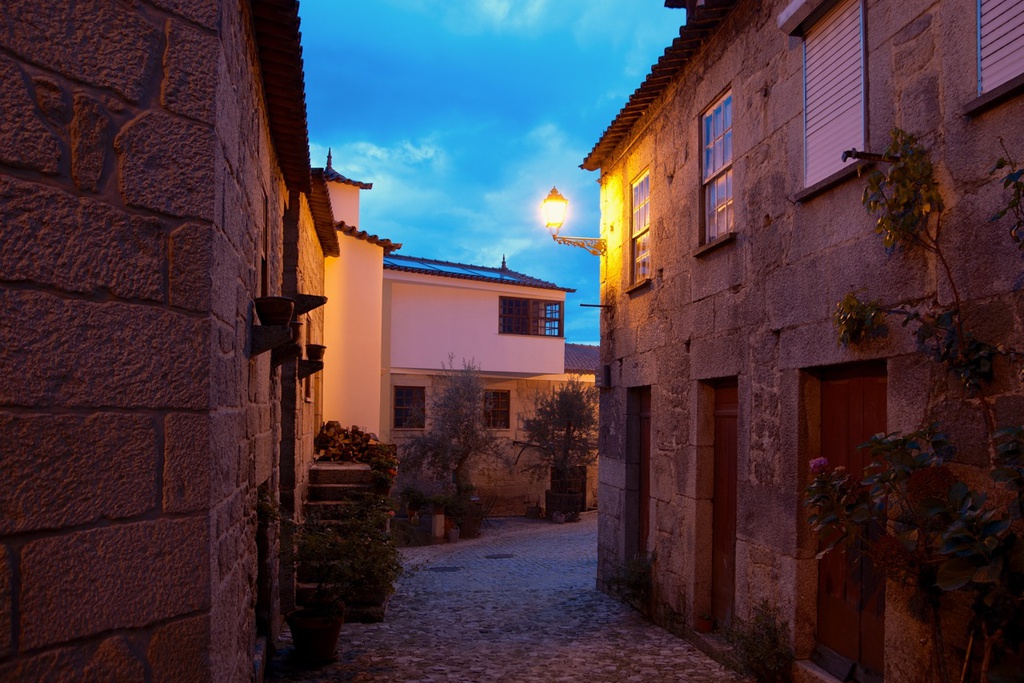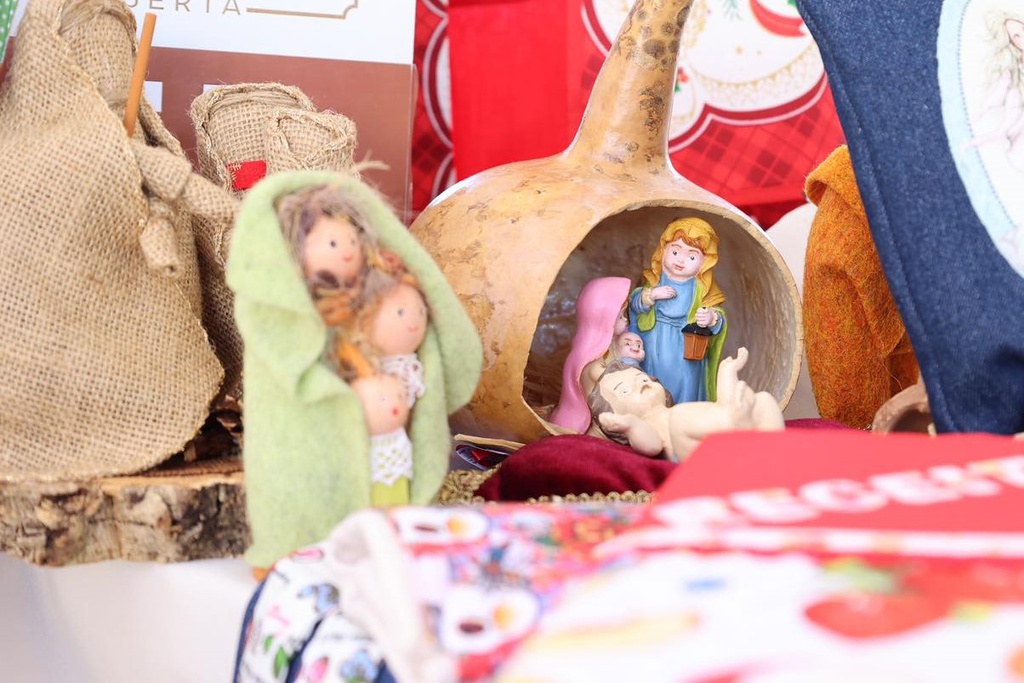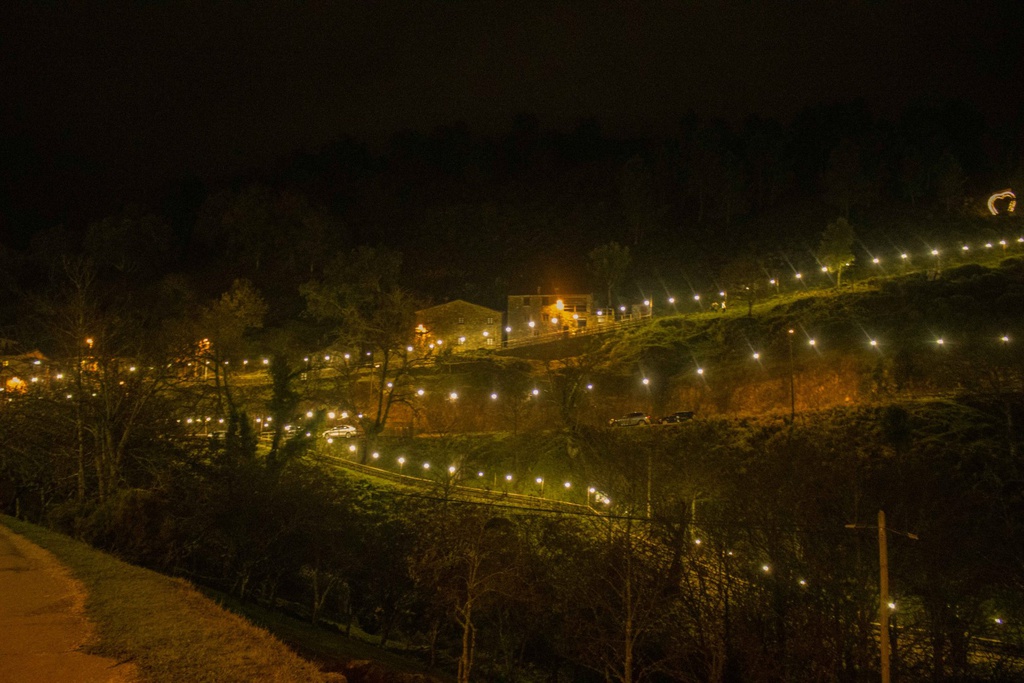Célia Picard and Hannes Schreckensberger are the selected artists for the Humus artistic residency, taking place between June and September 2024, in Portugal and France, within the scope of the Entre Serras Project - Creative Europe.
Spanning a month divided into two fortnights, the work focuses on the theme of shepherding and transhumance, promoted as Intangible Cultural Heritage of Humanity by UNESCO on December 5th. The first part takes place in Serra da Estrela, between June and July 2024. Here, the artist is invited to accompany a shepherd taking his sheep to a higher altitude pasture, on a journey of about 12km lasting 5 hours. The second part occurs in the Alpes de Haute Provence, on dates yet to be confirmed. You can find all the information about this initiative HERE.
Projeto Entre Serras – Creative Europe
Under the global theme “Inhabit and move in mountain territories”, the candidature presented by the Entre Serras Project (PES), which joins partners from Portugal, Spain and France, interrogates the relationship between observing and experiencing the landscape.
Having as leading entity the Museu da Paisagem/Instituto Politécnico de Lisboa, in Portugal, besides the Aldeias do Xisto, the Municipality of Castelo Branco/Fábrica da Criatividade and Estrela UNESCO Global Geopark are also partners. The French partners are the municipality of Digne-les-Bains, CAIRN, Maison Alexandra David-Neel, Musée Gassendi and the École Supérieure d'Art d'Aix-en-Provence. The Spanish partners are the Museo Vostell Malpartida and the Municipality of Malpartida de Cáceres (Centre for Livestock Pathways).
Funded by the European Union. Views and opinions expressed are however those of the author(s) only and do not necessarily reflect those of the European Union or the European Education and Culture Executive Agency (EACEA). Neither the European Union nor EACEA can be held responsible for them.


